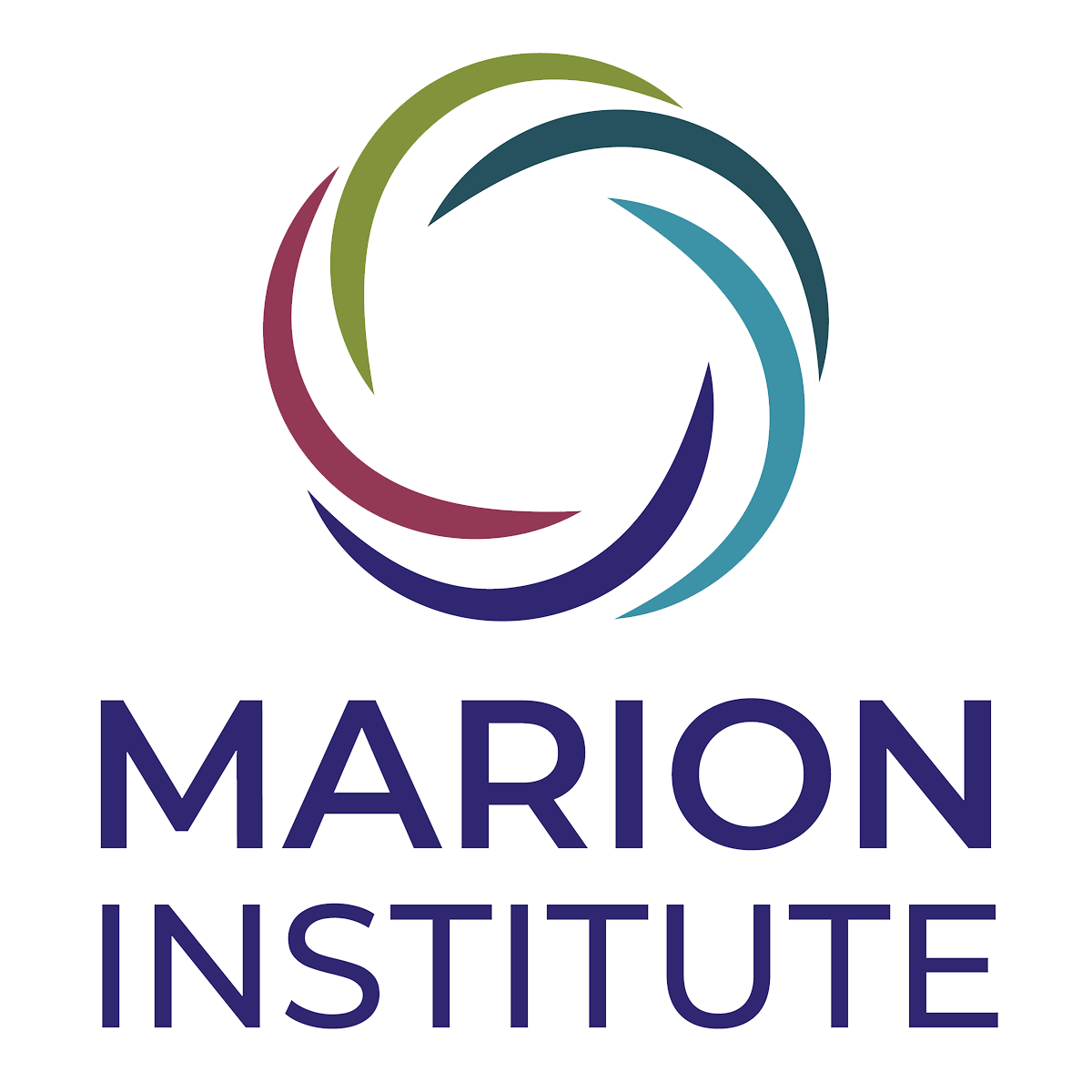Southcoast Food Policy Council Working Groups

Education and Communication Working Group
The Southcoast Food Policy Council (SFPC) is a coalition of nearly 400 community partners representing farmers, fishermen, food pantry leaders, churches, social service agencies, schools, institutional buyers, and a diverse group of partner organizations throughout the Southcoast of Massachusetts from Plymouth to Fall River.
We envision a thriving, inclusive, and culturally diverse regional food system in which we all benefit from healthful, accessible, and affordable foods. Our mission is to connect, convene, and advocate for local food producers, consumers, and community partners who seek to generate policies and practices that strengthen our regional food system, enhance food security, and promote health equity.
The food system describes a value chain that includes the resources and services of food production, transport, processing or manufacturing, distribution and consumption, and food recovery. Over the last few years, we witnessed firsthand the vulnerability of an industrialized food system. To create a more resilient and equitable regional food system, we need to create a broad, knowledgeable group of citizens who understand food system issues and how the industrial food system negatively impacts our health, environment, and local economy.
The SFPC Community Advisory Board (CAB), comprised of 25+ food system stakeholders, along with the Food Equity Advisors (people with lived experience of food insecurity), will ensure plans and advocacy actions taken are community-driven and outcome-based to benefit the entire region equitably and sustainably.
The public will learn how vital a resilient food system is to withstanding future crises such as climate change and pandemics that disrupt supply chains, how to access healthier foods produced locally, and the environmental and health benefits of buying local.
The SFPC Education and Communication Working Group will focus on long-term goals to expand food system education through educational campaigns and food forums over the next few years.
Short-term goals include:
- Develop an educational campaign on the merits of building and supporting a local food ecosystem that will include education on the true cost of food, the importance of buying local, healthy eating, supporting farmers and the local economy, and climate justice.
- Create a summer Eat Local Challenge Month as part of an education campaign.
- Expand education around September’s Hunger Awareness Month with more opportunities to volunteer, donate, and take action.
- Organize the annual October Food Summit to further educate the public on the priorities and issues impacting our food system.
- Identify people with multiple language capacities to augment the educational campaign materials.
Application to join a Working Group. You will be contacted after you send in your application to sfpc@marioninstitute.org.
Send us your thoughts or questions to spfc@marioninstitute.org or call 508-748-0816 x110.








